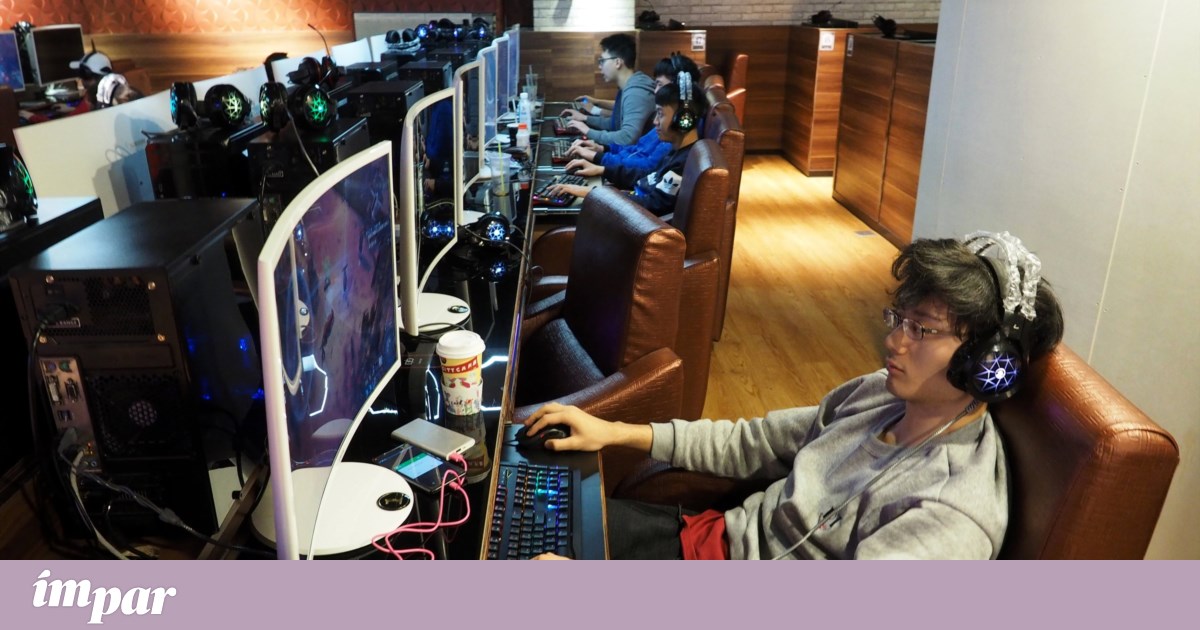But a warning: It’s one thing to play for fun it is another thing for the player to feel “the need” to play.
Andrew K. Przybylski, one of the study’s authors, explained It is not the quantity that matters, but the quality of time spent playing that contributes to a sense of well-being. “If players feel they have to play, they feel worse. . If they play for fun, the data does not indicate that it affects their mental health. It seems to give them a strong positive vibe.”
This is, to date, the largest study of its kind ever, involving nearly 40,000 gamers who agreed to share information in real time for six weeks. The Oxford Internet Institute team needed months of negotiations with publishers to secure this access – an approach very different from previous work, which collected data from notes players took to describe sensations and feelings.
Officials stress the importance of the vast amount of data collected by video game producers and distributors, noting that this work is a “drop in the ocean” in the possibility of the study to be developed.
Only seven publishers (out of 30) agreed to collaborate and seven video games were analyzed: Animal Crossing: New Horizons And the Apex Legends And the eve online And the Forza Horizon 4 And the Gran Turismo Sport And the Outriders And the Crew 2 . The authors consider these titles, although they do not cover all genres, important enough, as they include competition, simulation, and battle, for example.
In 2018, the World Health Organization (WHO) classified ‘Video game disorders’ as a mental health problem . The International Statistical Classification of Diseases update defined the condition as an “increasing lack of control” over a period of more than 12 months, in which increased importance is given to video games, even with negative consequences (lack of sleep, irritability and exclusion from other daily activities).
Przybylski understands that This research is necessary to understand the true impact of video games on the individual . “These are just the first steps in the world of understanding how games fit into players’ lives,” he says. The next step is to delve deeper into what drives people to gamble – whether for pleasure or necessity.


